Cults and Relationships with Narcissists
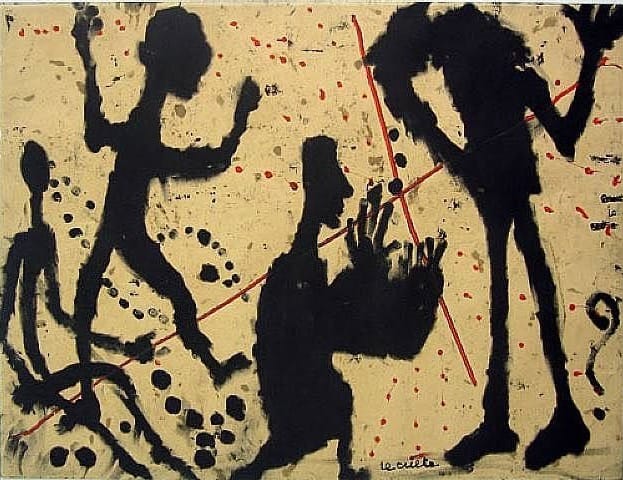
by Laurie Lamson
These are my observations about what cults have in common with one another, and also in common with one-on-one relationships involving individuals with narcissistic personality disorder. (CAUTION: strong content.)
Of course, each cult, like each individual relationship, is unique, yet they have more than a few earmarks in common. The nature of these personal relationships is eerily similar to being in a cult. The main difference is that cult leaders conduct the same kind of relationship with a lot of people at once.

Insignificance
What the individual with narcissistic personality disorder (NPD) or cult leader (who likely suffers an extreme version of NPD) and their targets share is the unconscious belief I don’t matter, a feeling of INSIGNIFICANCE and powerlessness. That is their common ground, but it's expressed in opposite ways.
The abuser makes their lover, target, victim, whatever you want to call them, feel important in some way: I matter, because someone needs me. I have access to special/secret information, so I matter. In turn, the target's obedience makes the abuser or cult leader feel important and powerful.
In addition, when we're young, healthy nurturing teaches us that we deserve encouragement, and healthy discipline teaches us that we deserve guiderails to help keep us safe. These are two of the essential ingredients of healthy boundaries that enable a child to grow up feeling both worthy of love and capable of looking out for themselves.
Young people may resist discipline, but the reality is, too much freedom is dangerous, and they understand that. For example, when a young child is allowed to take a city bus alone, or a teen isn't told what time they're expected home, especially when their peers have curfews, the message they receive is: I don't care enough about you to show concern for your safety. In other words, You don't really matter.
So if parents didn't provide enough guidelines, being told what to do all the time by a self-styled authority figure can make a person feel safe and secure, perhaps for the first time in their life. The underlying message is: You do matter after all.
Sadly, the feeling of significance that one finds within these cults often comes at enormous cost – family, free time, career, bank account – even life itself.

Saving the World / Saving the Person
Cults often promote an idealistic “saving the world” or “saving souls” claim which attracts altruistic people who are willing to sacrifice for the good of others.
On the individual level, if you love someone who has chaos in their life and can’t manage it on their own, it naturally activates your care and compassion, especially if you're very empathetic. To protect this person from suffering and destruction, you may willingly take on the role of “savior,” bending over backwards until you become accustomed to taking responsibility for both of you.
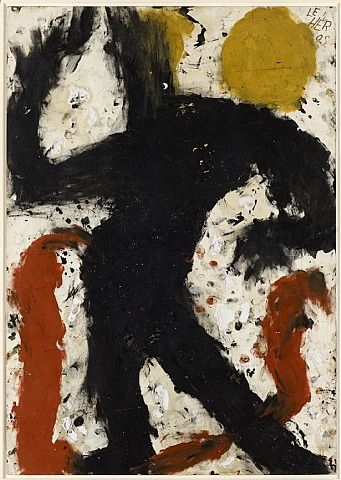
Individuals with narcissistic personal disorder don't (can't?) take responsibility for themselves, their own actions, or the predicaments they create. They prefer to command, bully, or sweet-talk others into doing everything for them, which makes it easy to lay blame on the target if something goes awry. They may convince you they’ve been unfairly wronged by others, or society, or you. You may also get the impression, which they carefully cultivate, that they're incapable of surviving on their own, making it that much harder to leave them.
High-ranking members of cults often describe the leaders similarly: that they turned out to be con-artists who not only failed to live up to their own hype, they seemed incapable of performing even the most mundane tasks. I daresay that's part of how and why they manipulate followers to do their bidding, but could also stem from their own lack of childhood discipline and feelings of insignificance. If deep down the individual with NPD believes they don't matter, maybe it's not worth learning how to look out for their own basic needs and responsibilities...
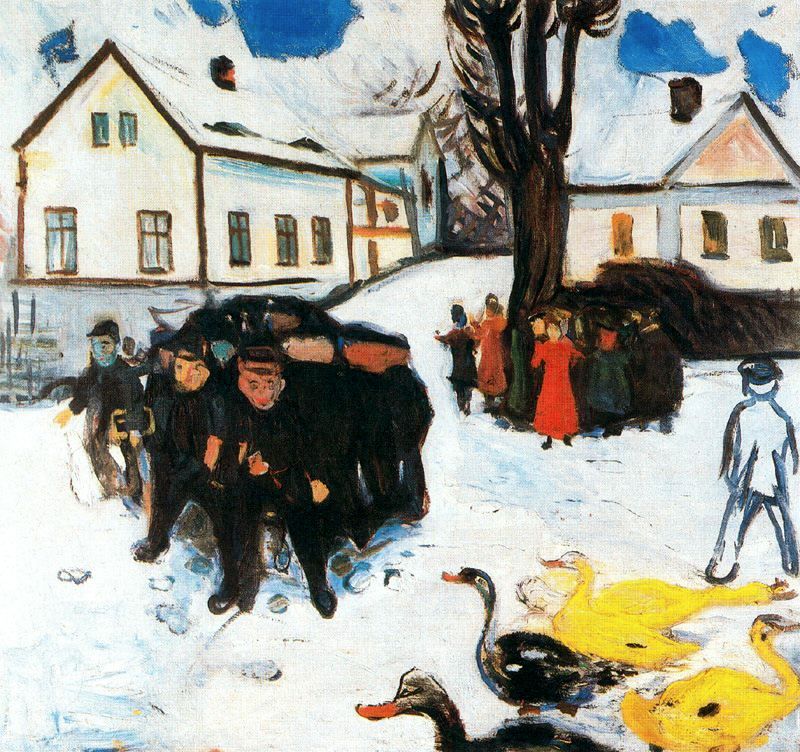
Belonging
What drives people to join or stay in cults generally has to do with the need to BELONG – a natural human drive. When there’s past trauma from feeling left out or abandoned, like in a family of origin, it makes one more vulnerable to a welcoming group, especially a group that claims to have noble aspirations like saving the world, while promising lifelong membership in a loving, accepting family. It's no accident that more than a few cults use the word "family" in their name and/or recruitment materials.
The built-in instinct to belong, combined with unconscious emotional baggage, is why anyone, even very bright and educated people, can get sucked in. The innate desire to be accepted, wanted, and belong to a community with surface appeal can outweigh commonsense and care for one’s own wellbeing – by a mile.
A victim of ongoing sexual abuse – especially a child or teen – can also be someone who feels left out of their family or peer group, making them much more vulnerable to manipulation and control by an older person with power or authority who, at first, makes them feel loved.
Both cults and individuals with narcissistic personality disorder employ effective brainwashing techniques to gain control. The cult uses similar tactics to what the NPD individual uses to erode an individual's sense of identity and set up their own “mini-cult”:
• Love-bombing (overly affectionate talk & behavior early on)
• Illiciting personal and embarrassing secrets - that can be used later
• Strict rules - for your own good or to satisfy their whim
• Critiques, corrections and put-downs - so you can "improve"
• Guilt trips and angry rages - designed to keep you quiet
• Friends and family turned into the enemy - cutting off alternative perspectives and outside support
• Lack of concern or compassion about your physical needs – you can go without for the greater good
• Occupying all your time and energy – to the point you barely have a chance to be alone with your own thoughts
All this slowly coerces targets into becoming willing slaves.
The narcisstic individual or cult leader often takes the manipulation to any extreme they want and can get away with – psychological, physical, sexual, financial and moral (such as getting someone to lie, steal, harrass, imprison, abandon their children, or in an extreme case like Charles Manson, commit murder.)
When entire families join cults they’re often separated from one another, in addition to being cut off from family members who remain outside the cult. Under the guise of all the required important work and group activities, family members barely have time for each other. Ironically this gives them less and less feeling of belonging with their own family. And when children are cut off from their parents, what can and does happen to them is tragic, on many levels.

Marriage As Control
Marriage can be used to create an even stronger commitment, with greater leverage to control someone – both financially and emotionally – while reducing their will and ability to leave an unhealthy or dangerous situation.
An extreme example: in the disturbing documentary Leaving Neverland, one of the survivors describes how Michael Jackson created a private wedding ceremony, which made the youth feel important and secure in the relationship, but it was a way to control him. When he got older, Michael unceremoniously dumped him.
The limited series Heaven’s Gate: The Cult of Cults reveals that the leader, Marshall Applewhite, aka "Do," had his followers buy wedding rings and staged a ceremony in which each member “married” him.
Many cult leaders dictate who can marry whom and when. In the Unification Church, Sun Myung Moon personally selected thousands of strangers to be joined in mass weddings.
In addition, cult leaders often mandate whether someone can have sex and with whom, whether or not members can have children, how to raise children.

Cognitive Dissonance
Cognitive dissonance occurs when the facts and actions don’t align with what the group or partner claims, such as, I love and appreciate you; all non-members are evil; the world is ending on such and so date... and that date has long since passed.
Cognitive dissonance can occur when the cult or relationship forces the individual to go against themselves – they must at some point betray who they are at their core, and/or what they know deep down: that their feelings and wellbeing actually do matter, that they have been manipulated, they're being lied to, they've been pushed into financial debt, and/or they've been coerced into doing something criminal.
As adults, we know we are responsible for ourselves and our actions, so this can be a very hard pill to swallow.
Cults often assign new names to its members – another effective way to create internal distance from their selves and their own identities.
People will live with the cognitive dissonance when they're unwilling or unable to take responsibility – it’s easier to be told what to do, what to believe, how to live. Or they just can't see how it’s possible to take control of their own life.
The sunk-cost fallacy may also play a part, meaning they've already invested too much to quit: they've sacrificed their loved ones, their home, their life-savings, their dignity – there's no turning back.
Free Will and Responsibility
As mentioned above, being the significant other of a person with Narcissistic Personality Disorder can feel like you’re in a “cult of one” – as they slowly exert more and more control over your time, your other relationships, your credit score, your every waking minute. Recovering from a relationship like this is quite similar to the recovery from a cult.
An individual may have been manipulated into a trap, but they still have a free-will choice, even when it doesn’t seem like it.
EITHER:
1. To abdicate personal responsibility for themselves by remaining a follower, going against what they know is true: that the narcissist or group leader isn’t capable of a healthy reciprocal relationship in which the individual also “matters.”
OR:
2. To decide they matter enough to take responsibility for their own wellbeing by ending an unhealthy relationship or group affiliation, no matter how challenging that path is.

Self-Help, Education and Resources
1.) Affirmations can help pivot you away from suffering in the moment:
I love and approve of myself
I love and forgive myself for the past
2.) Gently practice reminding yourself that you and your wellbeing do matter:
I matter
I matter to myself
3.) Keep a Self-Appreciation Journal
Write down five things you like about yourself, what you’ve accomplished, etc. each day for seven days. This can and should include your positive intentions going in to the situation, and how loving and forgiving you've been in unfair circumstances.
Read it often and keep adding to it.
4.) Create Islands of Peace
Find moments to be alone and just be with yourself. Even if it’s only when you go to the bathroom – be present, acknowledge the painful feelings, and give love to yourself in the mirror.
Doing little things you enjoy can help you feel more present and less overwhelmed.
Make practical and safe plans for leaving – if and when you're ready for that.
5.) Get in Touch With Your Feelings
Take out the emotional garbage by journaling about how you really feel:
I feel so angry because…
I feel so hurt and sad because…
I feel so afraid because…
I feel so guilty or ashamed because…
When you allow yourself to fully feel the feelings, they can be released from your body, like taking garbage out of your home, and you feel lighter as you come to a place of acceptance: Oh, well, whatever sh-t happened, already happened. I can’t undo the past, but I CAN learn and grow from it.
6.) Get Help
Join a support group, see a therapist, get energy medicine trauma healing.
7.) Learn More About This Phenomenon and How To Help Yourself
See Jolé's fearless post: My Time in a Cult. Jolé is uniquely qualified to help with recovery from a cult and/or a relationship with someone who has narcissistic personality disorder.
Combatting Cult Mind Control by Steven Hassan, PhD – an expert featured in many of the documentaries below. He left the Unification Church and helps others recover from cult brainwashing.
Why Does He Do That? Inside the Minds of Angry and Controlling Men by Lundy Bancroft
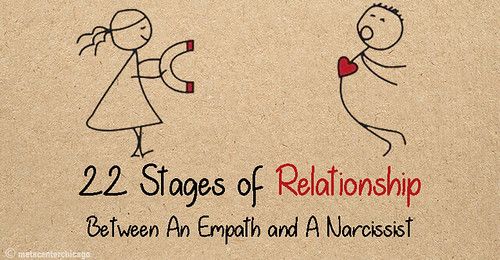
Healthy Boundaries Owners' Manual - quick reminders
Inner Yoga: 23 Simple Self-Care Tools for Peace, Healing, and Authentic Empowerment
Documentaries
These are some educational documentaries and doc series about cults.
CAUTION: these are NOT for the faint of heart. They can be quite disturbing and difficult to watch.

Cults and Extreme Belief – documentary series that explores, compares and contrasts experiences in various cults and extreme religious sects

The Way Down: God, Greed and the Cult of Gwen Shamblin – documentary series (HBO MAX)

Heaven’s Gate: The Cult of Cults – documentary series (HBO MAX)
Holy Hell – documentary about Buddhafield – started with the best of intentions, as many do, but evolved into an organization with all the features of a cult. Currently recruits followers through yoga studios.

Going Clear: Scientology and the Prison of Belief – documentary film (HBO MAX)
Leah Remini: Scientology and the Aftermath – documentary series (Netflix)

The Vow: Inside an Alleged Sex Cult – documentary series (HBO MAX) Seduced: Inside the NXIVM Cult – documentary series (Starz)

Five documentaries about David Koresh and the Branch Davidians
Article about JFK Jr. resurrection/Qanon splinter group - experts fear they're headed in the same direction as Jim Jones' People's Temple
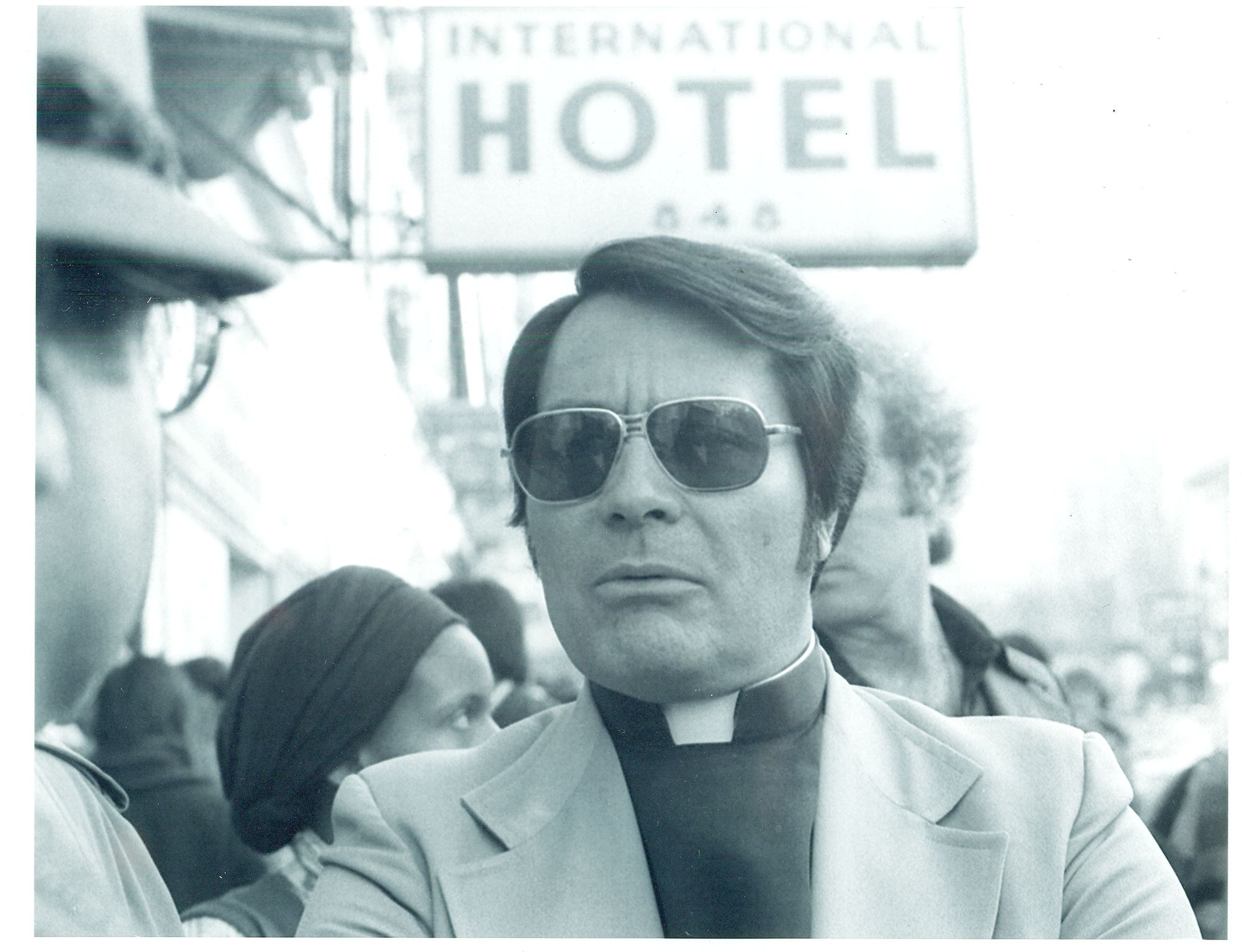





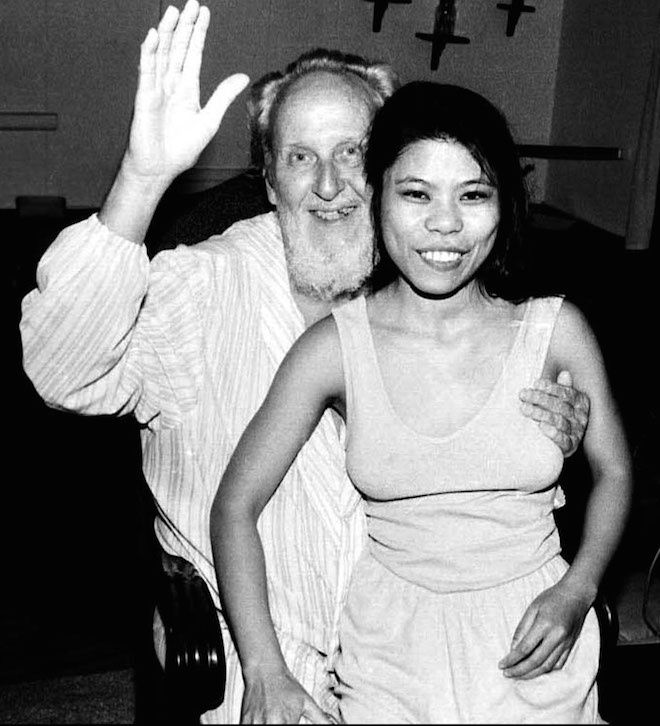
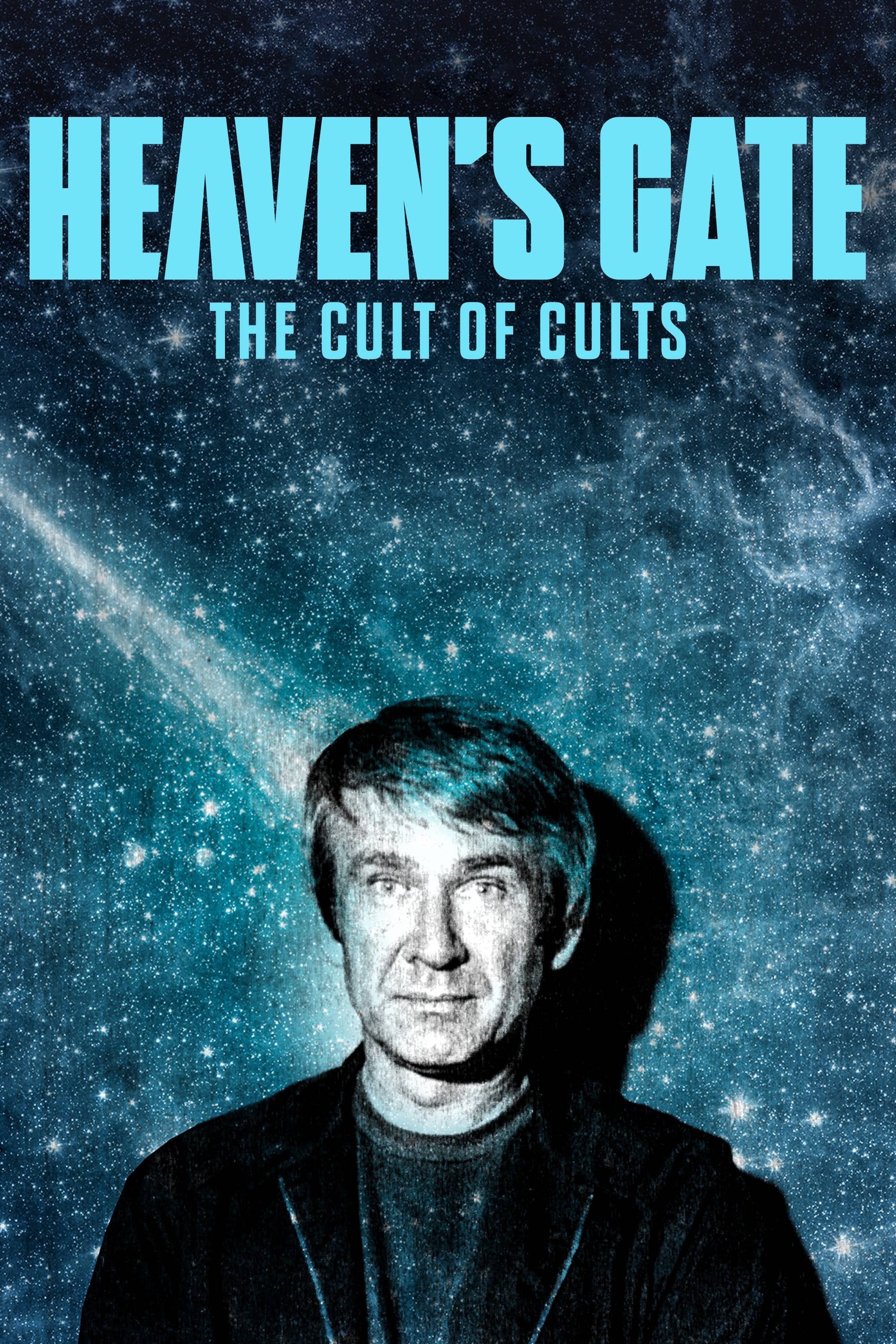
"Rev. Jim Jones, 1977" by Nancy Wong; "SF Chronicle, Nov 20, 1978" by engnr_chik; "Vernon Howell is graffiti. #koresh" by cmiked; "Gwen Shamblin 2018" by Scott Sab; "South Korea Mass Wedding" by Jedimentat44; "David Miscavige Portrait" by Scientology Media; "DavidBergChildrenOfGod-philippines-mid-80s" Wikimedia; "Heaven's Gate: The Cult of Cults" HBO series poster